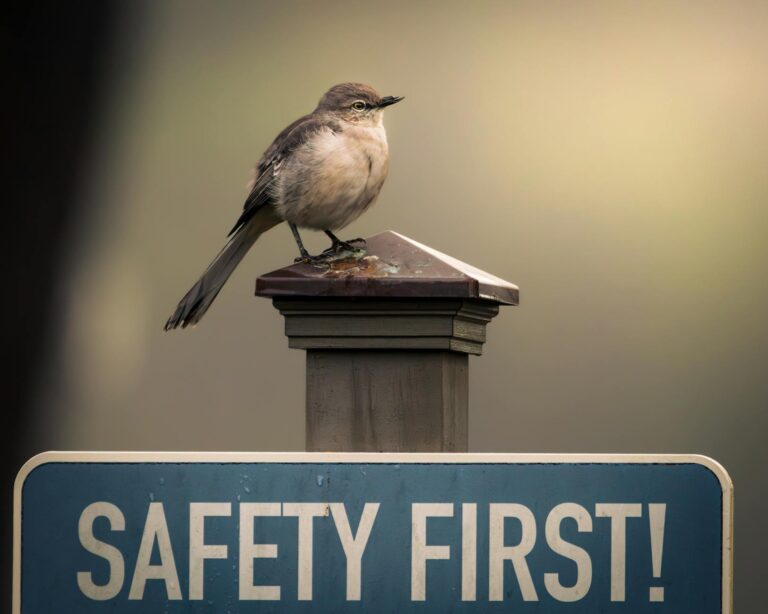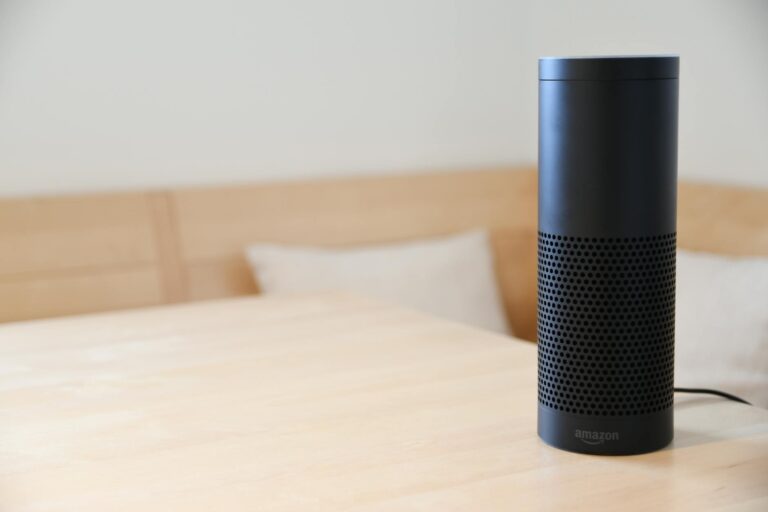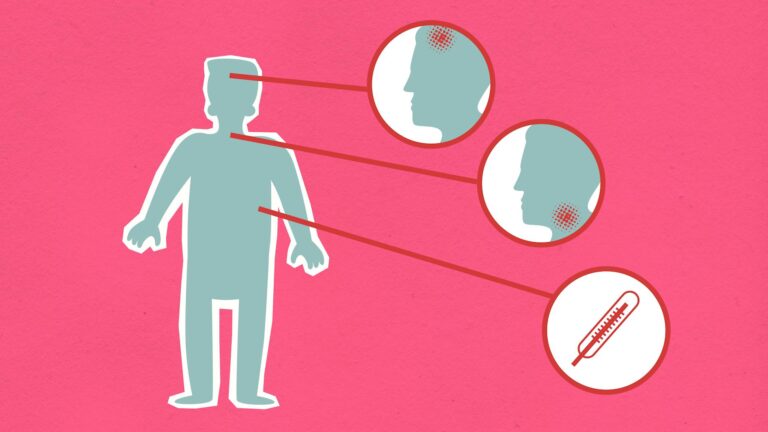When people talk about diabetes or blood sugar control, the A1C test often comes up. It’s a simple blood test that gives an average of your blood sugar levels over the past two to three months. Many wonder if fasting—not eating for several hours before a test—affects how accurate this A1C result is.
The good news is, you don’t need to fast before getting an A1C test. Unlike some other blood sugar tests that require you to skip breakfast or avoid food for hours, the A1C can be done at any time of day and doesn’t depend on whether you’ve eaten recently. That makes it really convenient for both doctors and patients.
A1C measures how much glucose has attached itself to hemoglobin in your red blood cells over their lifespan, which is about three months. Since this process happens slowly and steadily, what you eat right before the test doesn’t change your result much at all.
There are times when other factors can mess with your A1C reading—like having anemia, kidney disease, or certain types of medications—but not eating beforehand isn’t one of them. So if you forget to fast or just ate lunch before your appointment, don’t worry; it won’t throw off your A1C results.
This makes the A1C a reliable tool for checking long-term blood sugar control without needing special preparation like fasting. Doctors use it not only to diagnose type 2 diabetes but also to see how well someone with diabetes is managing their condition over time.
If you have conditions that affect red blood cells or hemoglobin (like anemia), though, talk with your doctor because those issues might make the A1C less accurate for you specifically.
So remember: fasting does not affect how accurate an A1C test is. You can get tested anytime during the day without worrying about what you ate last!





